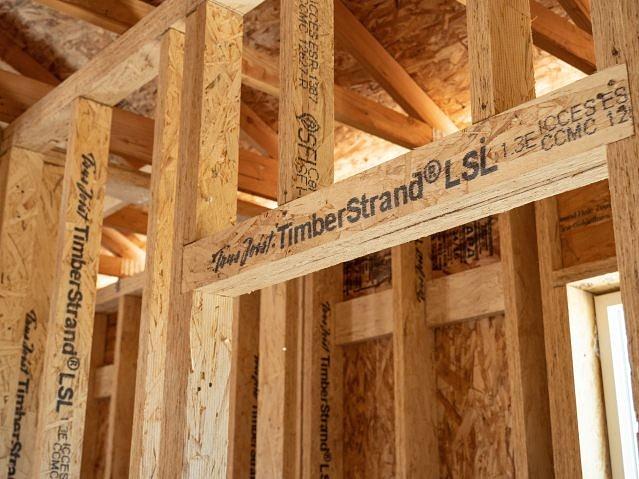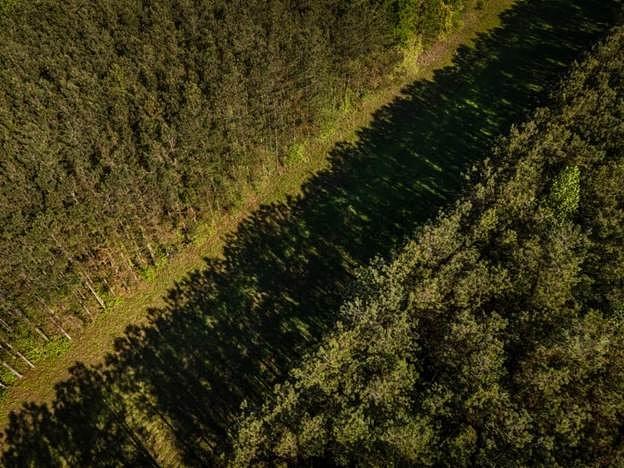Menu
By Wayne Nisley
In a bold move that could reshape Southern timber markets, Weyerhaeuser is investing $500 million in a new engineered lumber plant in Monticello, Arkansas—targeted specifically at one of the least-loved products in the woods: small, crooked Southern yellow pine. For years, pulpwood markets across the South have been drying up. With pulp mills closing and logging costs rising, many landowners have found themselves stuck with low-value pine that’s too twisted for traditional mills and too expensive to haul as biomass.
But Weyerhaeuser sees opportunity where others see waste.


Reclaiming Value in the Woods
The new plant, scheduled to begin operations in 2027, will manufacture TimberStrand, a type of laminated strand lumber. It’s made by shaving down smaller, irregular logs into thin strands and bonding them with resin—creating straight, strong structural lumber ideal for framing.
Company officials say the plant will produce around 10 million cubic feet of product annually and is expected to generate $100 million in EBITDA. The engineered product will offer a solution for landowners stuck with pulp-grade pine, providing a more profitable outlet than wood chips or firewood.
“This is a mill designed for the timber that no one else wants,” said Devin Stockfish, CEO of Weyerhaeuser. “We think this investment will unlock a lot of stranded value on private timberlands across the South.”
Big Impact in a Small Town
Monticello, a city of about 9,000, will benefit from job creation, infrastructure improvements, and new downstream economic activity. Local and state officials have praised the project as a rare win-win: rural revitalization tied directly to forest health.
For loggers and truckers who’ve watched haul distances increase and margins shrink, the facility could be a game changer.
“This plant might just make pine thinnings worth hauling again,” said one Arkansas-based logger. “That’s good news for anyone still trying to make a living with a chainsaw.”

